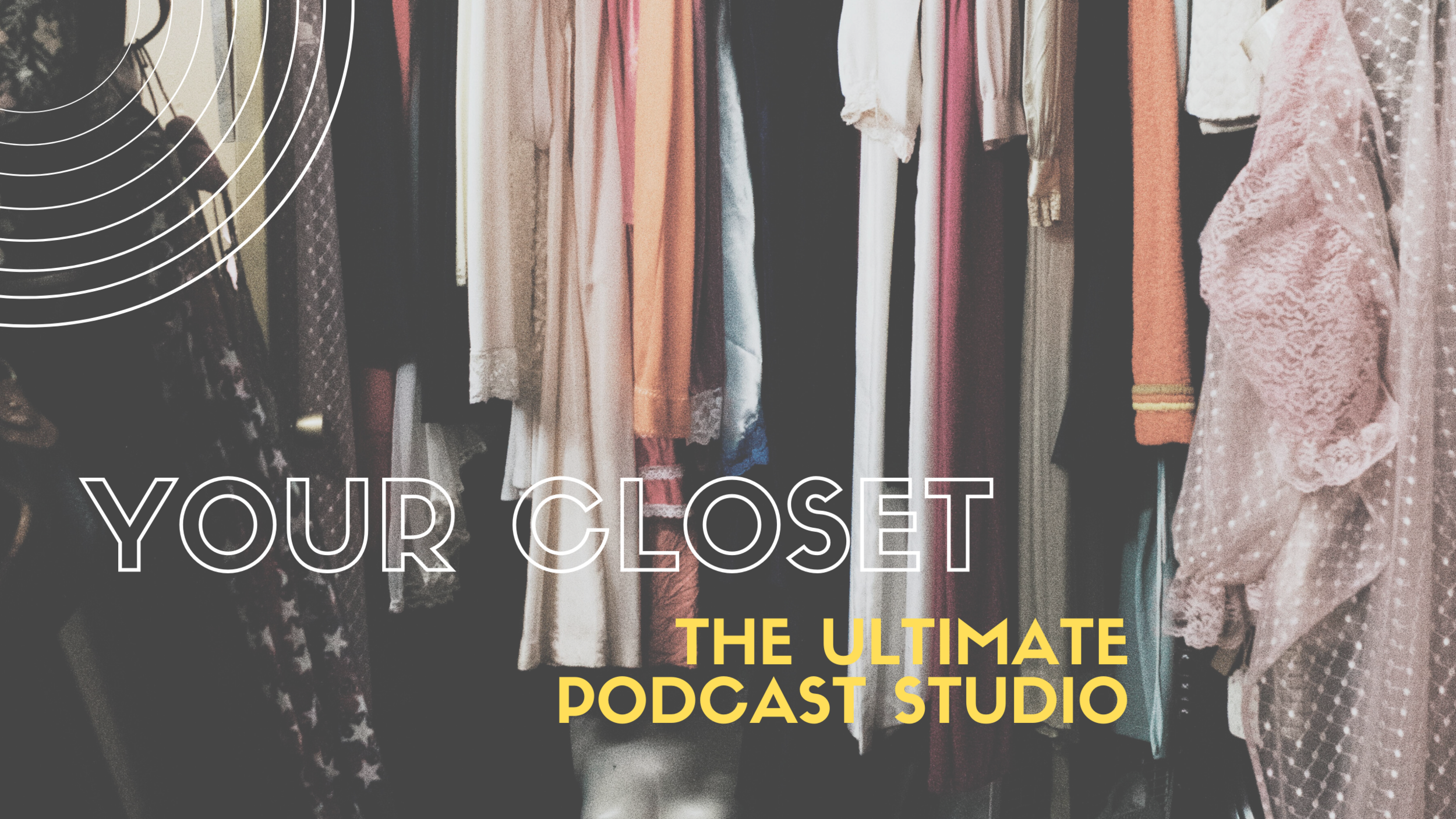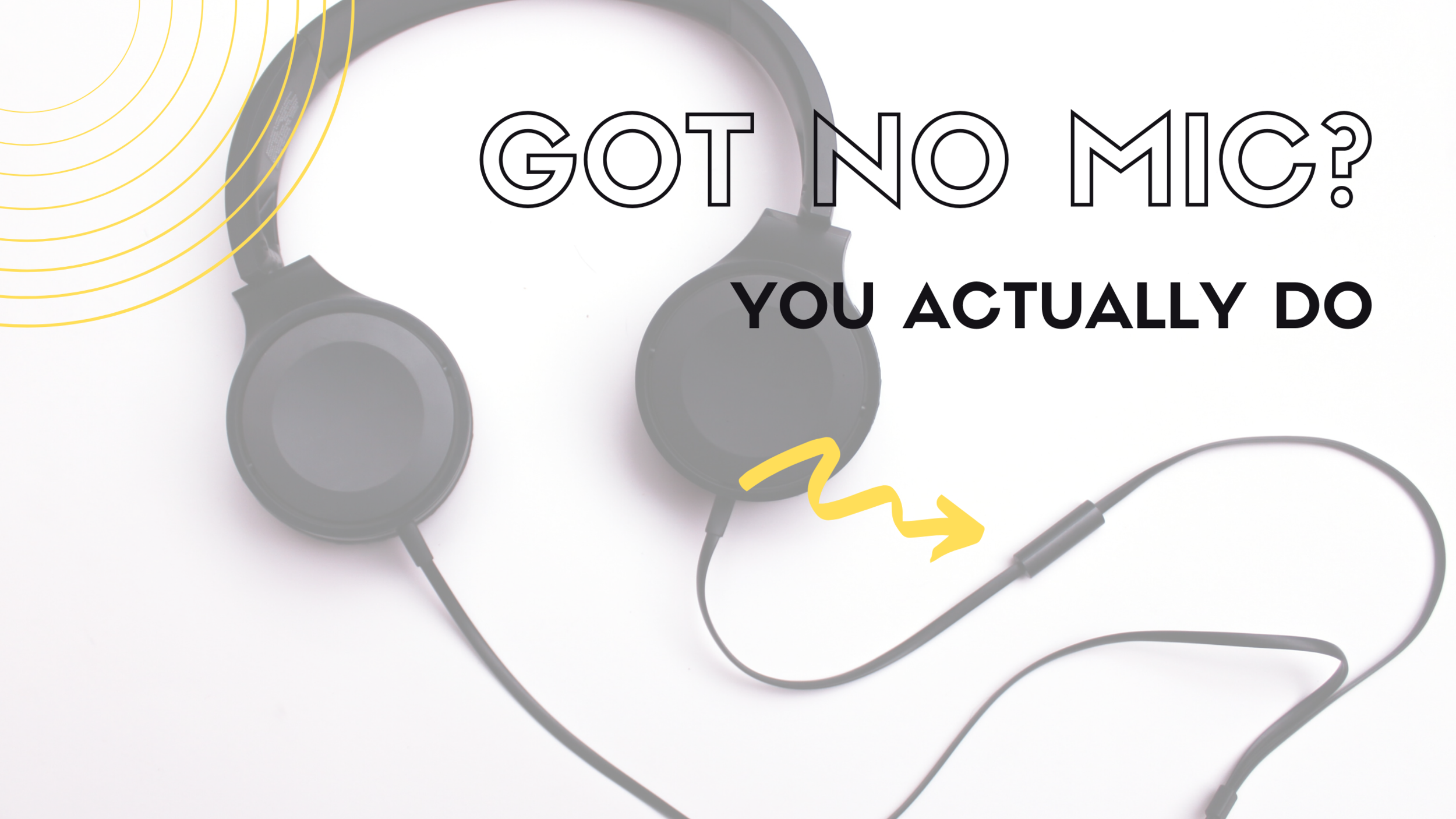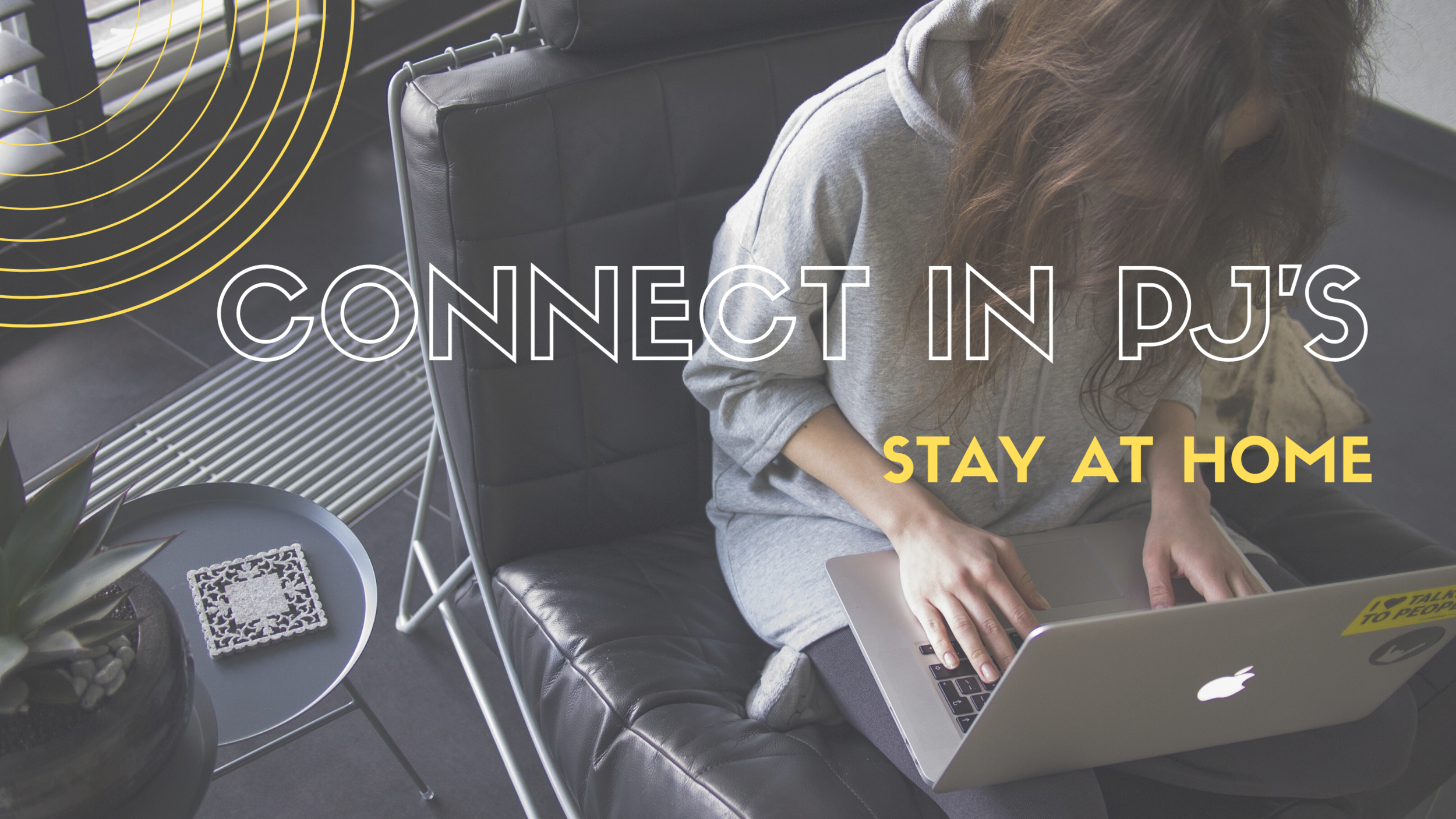Remote Podcasting: Keep podcasting through COVID-19
I’ve seen a lot of worry in the podcasting community around COVID-19. Will my download numbers go down during this time? Should I keep recording episodes and releasing them? I figured it was time that I address it.
Over history, entertainment has only been highly saught during times of crisis. And while people are respectfully staying home and practicing social distancing, this is a great opportunity for podcasters to not only release content, but to keep making it. We have no idea how long this is going to last, but all signs are pointing to a need for binge-worthy podcast content for the next little while.
So how can you keep your podcast going while practicing social distancing?
There are plenty of incredible, free resources out there for podcasters to use in order to keep making content remotely, without having to leave the house.
I’ll stress before I start that I’m a big proponent of quality of content, over quality of the mix. As podcast editor, that might sound a bit sketchy of me to say, but there ARE ways to do it well without a studio and fancy, expensive gear. So rest assured that if your audience can understand what you’re saying, and what you’re saying is valuable, they’ll always be there for you. My point is that during this time, it might be hard for you to get the sound quality on your podcast that you’re used to, but don’t let that stop you!
How to record your podcast remotely
If your podcast has you and a co-host, or you and a guest, you’ll need to find a way to record well without having to come together physically. There plenty of ways to do this! Here are some steps for each of you to think about on your individual ends.
Looking for a reliable way to record your podcast remotely in studio quality without internet disruptions?
I recently partnered with Riverside.fm as an affiliate because I’m literally obsessed with their platform (no joke). Check them out!
Get yourself set up
Before you start recording, find the quietest place in your home and make that your recording spot. Get creative, plenty of podcasters have set-ups in their closets and under the bed sheets. If you can’t possibly get comfortable setting up in these situations, here are a couple extra tips if you’ve got a set-up at a table and chair.
Put a blanket on your table to absorb sound reflecting off of the hard surface.
Facing a wall? Put a pillow behind your mic infront of the wall for the same reason.
Remove subtle noisey objects; put clocks in another room, turn off fans and heaters, put your phone on silent and keep away from mics, avoid sitting any where near your fridge.
Once you’ve created the perfect recording set up, it’s time to decide on mics.
Getting a good remote recording
Ideally, you, your co-host and your guest will all have some sort of mic that can pick up your voice clearly without too much lag, room-tone, or telephone noise.
For many indie podcasters, you might already own a USB mic that you share between two people, or per person, or a professional set up. But if only one of you has access to the regular mic set-up, your guest or co-host has lots of other great alternatives that will help you avoid that notorious Skype/phone call / guest-over-the-internet sound.
A pair of headphones with a mic will usually get the job done well. If you’re using your headphone mic, just make sure that the settings on you computer reflect the tools you’re aiming to use. Go to your system preferences to make sure your microphone is turned on to “headphones”.
Only have the means to connect via Skype or Google hangouts? Plug in some headphones to the device where you’re connecting with your co-host, and hit record on a voice recording app on your phone.
Got a camera lying around? Record a video of yourself during your recording session. You can send the video to your editor after for them to split the audio. Same goes with your voice recording, you’ll be able to download it and email it to any editor, or yourself.
Just keep all of your recording devices within a foot from your mouth to get that nice crispy sound of your voice.
Recording your podcast remotely
There are plenty of great services out there that you can choose from to start recording your podcast remotely. To be safe, I encourage you to always record your end with a secondary source and encourage your co-host to do the same. Open up a recording software on your computer or your regular DAW, or voice-recording app on your phone to record in the background during your conversation.
Once you’ve got yourself set up with a good quiet location and a decent microphone option, head to any of these remote recording options online to try out their free option. These are just a few that I know are quite popular;
Riverside.fm (Starts at $7.5/month for 2 recording hours) - I use the Pro package!
Cleanfeed (Audio only!)
Zencastr (Free Hobbyest package)
Squadcast (7-day free trial)
ipDTL (Try their $20 day pass)
UPDATE: As of March 17th, Zencastr has stopped limits on the Hobbyest package. “There will be no limits on recording hours or participants for Hobbyist users. We'll keep this in effect through July 1, 2020.”
Read more on their blog here.
Each of these options have a feature that saves your recording to the cloud in high-quality, multi-tracks. Both you and your co-host will connect through a link to the recording session, then hit record, and your two voices will be recorded through the mic you have set up on your computer previously, and saved as separate tracks (MP3 or WAV) that you can access and download after your recording session. With those tracks, simply upload them to your DAW of choice or ship them off to your editor for your final product.
You can make your podcast happen and avoid human contact all together!
Best of all, you can do it all in your pyjamas.
We’ve been really stressing the importance of social distancing on my podcast Alpaca My Bags , on a recent episode and on social media, and it’s something I can’t talk about enough.
Please don’t risk the safety of others for the sake of entertainment, and take the time to make a plan to keep your podcast going while distancing yourself from others. Your content is always important and will be so valuable to your listeners during these trying times - but it’s not worth risking the health of your community.
Happy Podcasting!


